Programmes
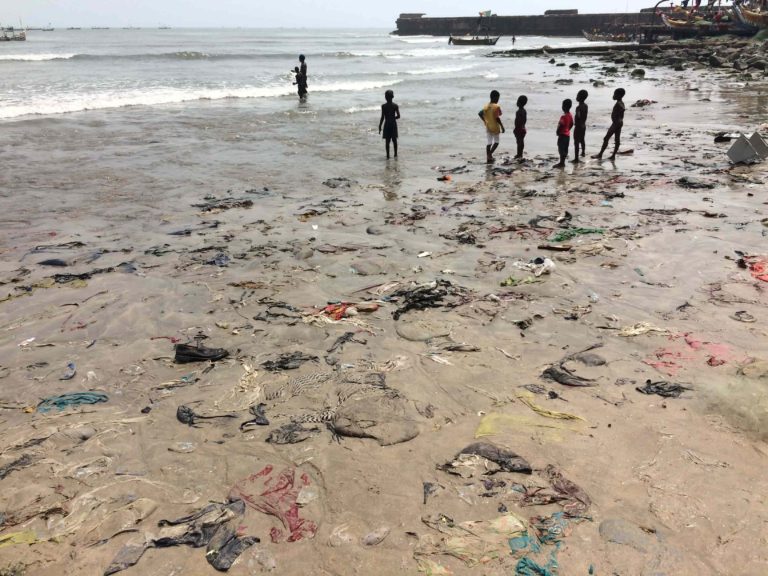
Sustainable Development Goal 11.6.1, from 2018
In collaboration with UN-Habitat, Eawag (Swiss federal institute of Aquatic Science and Technology) and the University of Leeds, this applied research project develops a systematic approach, the Waste Wise Cities Tool (WaCT), to measuring progress towards the UN Sustainable Development Goals (SDG) indicator 11.6.1 “Proportion of municipal solid waste collected and managed in controlled facilities”
For more information read this brief note on WaCT
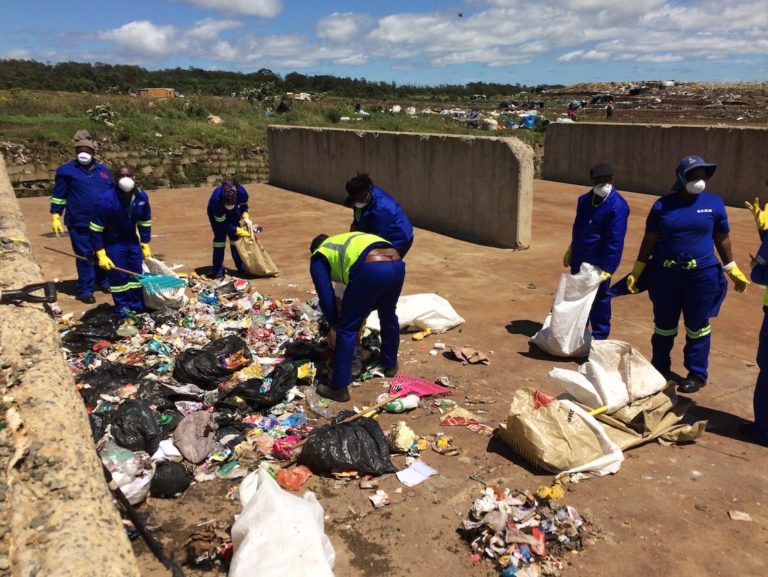
‘Wasteaware’ ISWM Benchmark Indicators, from 2010.
Wasteaware are involved in a collaborative initiative with Professor David C Wilson, the University of Leeds alongside several other organisations and experts to maintain and develop a set of indicators for benchmarking waste management systems worldwide.
The ‘Wasteaware’ ISWM benchmark indicators are an internationally recognised tool for assessing existing systems and targeting areas for improvement. The prototype WABI portal can be accessed through this link: http://wabi.wasteaware.org/
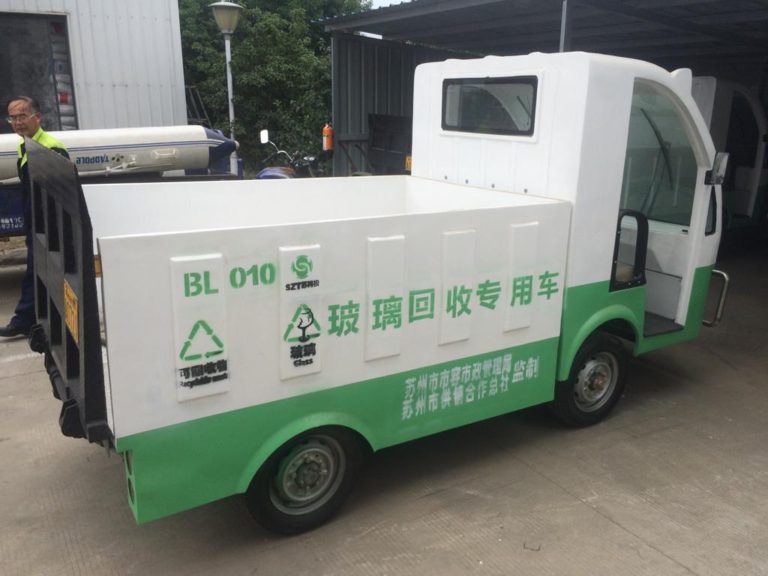
China NAMA Project, from 2018.
Wasteaware are supporting the China-GIZ NAMA project with Key Performance Indicators. The project seeks a transformative reduction of greenhouse gas emissions from the waste management sector in Chinese cities. The ‘Wasteaware’ ISWM Benchmark Indicators (WABIs) are being adapted into place a KPI systems to help track City waste management system improvements, and programme impacts.
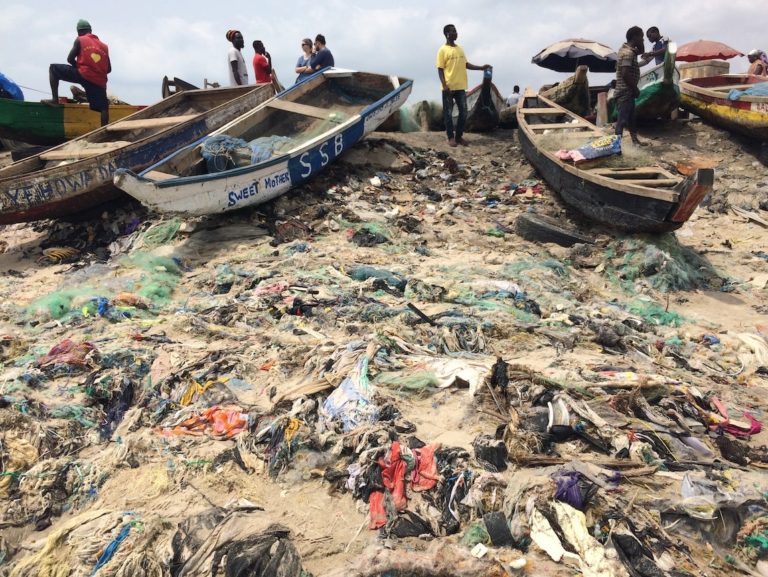
Marine Litter Pathways / Waste Flow Diagram (WFD), from 2018.
This research project develops and validates a rapid and observation-based assessment to quantify and map plastic leakage from municipal solid waste management systems
Wasteaware are working in collaboration with Eawag, GIZ, and the University of Leeds, to develop methodologies and tools to assess marine litter emission pathways. Using a Source-to-Sea approach backed up by field work in various Coastal and River Basin environments, we are working to characterise pathways and quantify emissions to the marine environment. This research project develops and validates a rapid and observation-based assessment to quantify and map plastic leakage from municipal solid waste management systems.
For more information and to access the tool visit the WFD Toolkit page
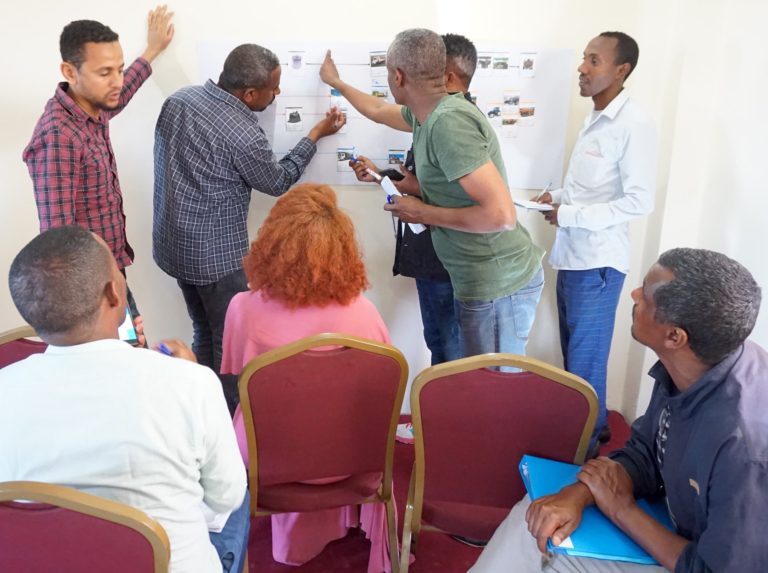
Design Your ISWM System, from 2014.
Wasteaware invented a series of participatory methods and tools that help practitioners to design their own integrated solid waste management systems. We use a combination of approaches to get the maximum out of the time available. This includes using visualisation and gaming techniques that make designing ISWM systems fun as well as impactful.
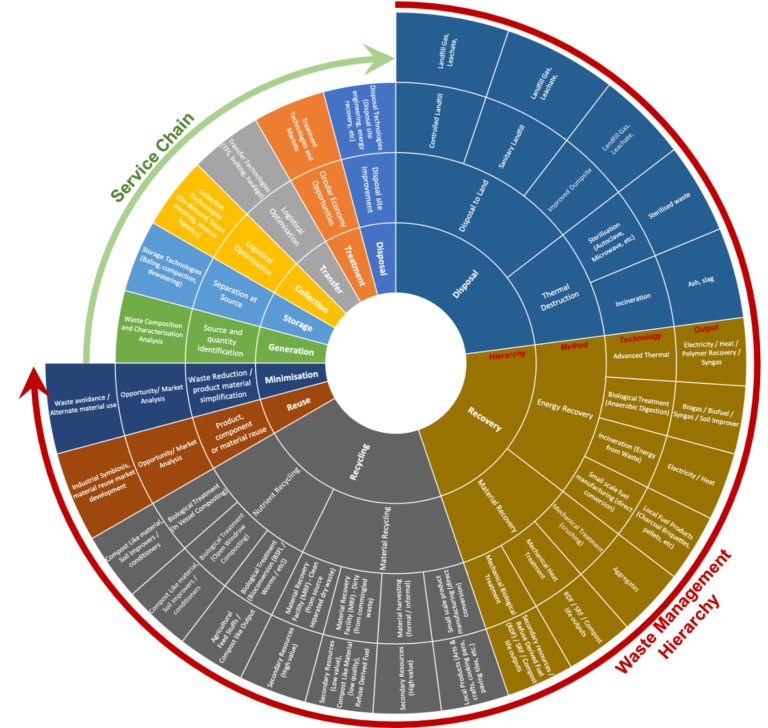
Waste Management Almanac, from 2018.
Wasteaware are continuously assessing the market and needs of the people we work with and for and work to develop and test innovative new concepts and content to improve the dissemination and uptake of capacity and knowledge in the waste and resource management sector. One such tool is the waste management almanac, a compressive guide to waste management technologies and where, when and how they can be used, and equally when they are not appropriate and why.
The path travelled
Waste Governance in NIS Countries. For the European Commission, 2009-2013.
Wasteaware was a Consortium partner for this headline technical assistance project, implemented over a 4-year period in Azerbaijan, Armenia, Georgia, Ukraine, Moldova, Belarus and the Russian Federation. The project involved an extensive set of tasks designed to support the countriesin adapting their Governance systems for the waste sector.
UN Habitat Publication: Solid Waste in the World’s Cities, 2010.
Part of an international team put together by the NGO WASTE, charged with the task of preparing UN Habitat’s global report. Launched in March 2010 at UN-Habitat’s 5th World Urban Forum in Rio de Janeiro, Brazil, Wasteaware assisted in the drafting of the document and prepared detailed ‘city profiles’ for Dhaka and Adelaide.
Facilitation of Collaborative Working Group on Solid Waste Management in Low-and-Middle Income Countries, 2006-2009.
Wasteaware had the honour of facilitating the Collaborative Working Group’s core group during the period 2006-2009. A truly-global waste and resources practitioners’ network focused on priority issues in low and middle income countries, the CWG has been a platform of policy advocacy at the international level, in particular amongst IFI’s and partner countries for over 20 years.
UN Habitat: SDG Indicator 11.6.1, the ‘Waste Wise Cities Tool’, 2018-19
Working closely with the UN Habitat team, together with Eawag and University of Leeds to develop and field trial the draft 11.6.1 methodology. The project took us to Nairobi, Mombasa, the Seychelles and Tokyo. The result is a robust method for collecting primary data on waste management system in Cities.
Implementation of Packaging WasteManagement Systems, for the International Finance Corporation, 2009.
Under the framework of the IFC’s integrated waste management program in Western Balkans, Wasteaware prepared a policy paper on implementation of producer responsibility for packaging waste. Whilst targeted
at EU-candidate countries, the policy paper provides a wealth of information, guidance and case studies to assist establishment of producer responsibility schemes for this waste stream in other countries.
Model for Global Development of Recycling Linkages, for the International Finance Corporation, 2008.
Wasteaware prepared a model for global development of recycling linkages. Building on outstanding work conducted by IFC to support the recycling sector in Western Balkan countries, Wasteaware prepared the global model, which encompasses a wide range of possible interventions, and a ‘global’ estimate of the potential CO2 emissions reductions from enhanced recycling.